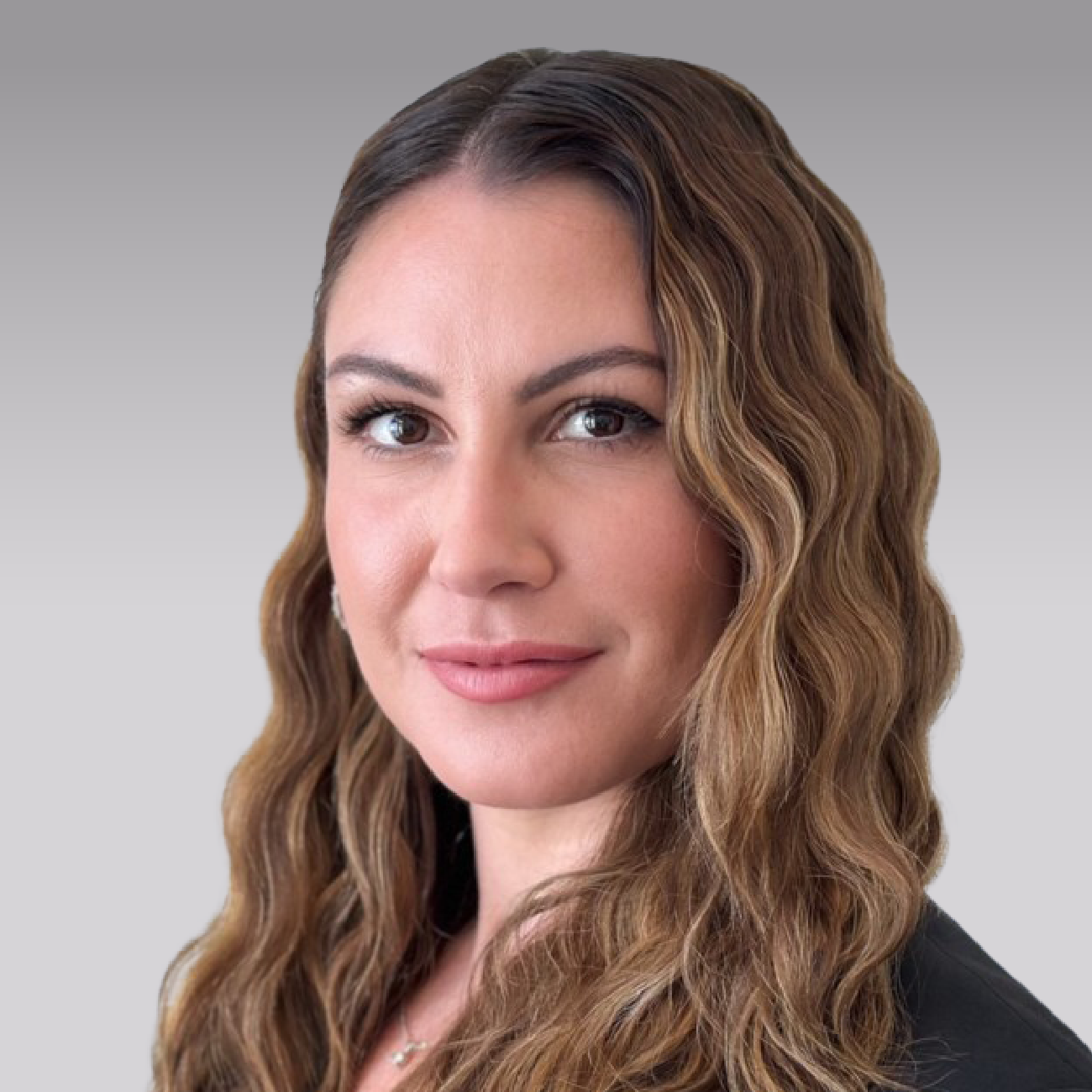It Shouldn’t Be This Hard: A Nurse’s Perspective on Care, Aging, and Advocacy
- Heather Daggs MSN, RN

- Nov 7, 2025
- 3 min read
By Heather Daggs MSN, RN, Director of Nursing, Legacy Concierge
As a nurse who’s walked families through thousands of “what now?” moments, I see the same pattern every week: the system is overloaded, and families are paying the price. That’s why more people are choosing in-home care, so loved ones can stay safe, supported, and comfortable. Learn how concierge healthcare organizations are stepping in as advocates, coordinators, and steady partners when it matters most.
A nurse’s view: why personalized care closes the gap
If you’ve ever tried to help a parent after a fall, or worried about a grandparent’s meds, you’ve probably felt it - healthcare isn’t built for everyday caregiving. Appointments are hard to get. You retell the same history to every new face. Portals contradict each other. Meanwhile life is happening: meals, mobility, memory, mood.
When communication breaks down, families are forced to quarterback care on their own. Concierge, in-home care flips that script. Concierge healthcare puts the person (and the family) at the center, builds one clear plan everyone can follow, and stays close enough to notice small changes before they become big problems.
Care truth from the field: 30 extra minutes of focused, unhurried time beats three rushed visits every time. It’s amazing what you can solve when you’re not watching the clock.
Where traditional care stumbles (and what you might be seeing)
Endless retelling. You bring the same med list to every visit, and it still gets mixed up.
Unclear plans. “Follow up as needed” is not a plan.
Boomerang care. ER trips or readmissions that feel preventable in hindsight.
No help at home. Mobility, bathing, meals, safety checks—real life happens outside clinic walls.
Caregiver burnout. You’re juggling siblings, jobs, and paperwork with no lead blocker.
None of this is your fault. It’s a system designed for throughput, not continuity.
What concierge, in-home care does differently
It’s hard enough for families to reach clinical stability and by the time they do, they’re often exhausted. Concierge healthcare prioritizes safety so everyone can breathe. With that foundation in place, the focus pivots to quality of life, purpose, and fulfillment.
One accountable team (with a single point of contact) You shouldn’t have to coordinate between specialists, home aides, and paperwork. Your care team tracks the plan, closes loops, and stays reachable—with one number to call.
Care that comes to you Post-surgical support, chronic-condition coaching (diabetes, dementia), medication reconciliation, and safety checks happen at home—no waiting rooms, no 7-minute rush.
Advocacy and clinical oversight High touch healthcare organizations notice when something’s off and act quickly; clarifying meds, expediting referrals, and preventing “little things” from becoming emergencies.
Support for the whole family Good care lightens the load: proactive updates, plain-language summaries after visits, and clear “what to do if…” guidance.
Is this right for your family?
Concierge, in-home care is especially helpful if:
A parent lives alone or far away.
There are multiple specialists (and mixed instructions).
You’re noticing early signs of decline and don’t want to wait for a crisis.
You’re managing care yourself - and it’s…a lot.
Whether you need short-term recovery after a hospitalization or long-term support to age in place, the model adapts.
Final thought from the nurse’s chair
If you’ve ever wondered, “Is someone really looking out for my parent the way I would?”—concierge healthcare is designed to answer yes. It’s not just about managing conditions; it’s about caring for the whole person and walking with the family every step of the way.
Questions – reach out to sp@legacyconcierge.com or call 310-699-9839



